Booming resource use and economic growth, worsened environmental degradation and injustice…
Let’s explore the implications of continuous progress of growth and interrelated flows in energy-hungry societies, through the structuring concept of social metabolism and its potential application as a guidance for the sustainable transition.
In a time of pressing need for socio-environmental sustainability, can reducing resource consumption and related emissions coexist with keeping economic growth? How can we identify and address the material structures and social processes that entrench unsustainable socioeconomic systems? What transformations must occur to be in a position to envision alternative societies that prioritize sustainability and justice?
During Pathways Forum 12, Helmut Haberl, Anke Schaffartzik Degroand, and Eric Pineault introduced the framework of social metabolism and socio-metabolic research. This framework encompasses societal, environmental, and economic considerations, offering a comprehensive tool to assess our societies’ material throughput and a transdisciplinary bridge between social and natural sciences.
We hope this Reading List will inspire you to delve deeper into the issues raised with the guiding principle of continuously deconstructing research approaches and re-examining the contribution of disciplinary research in shaping pathways for more sustainable futures.
Booming resource use and economic growth, worsened environmental degradation and injustice: let’s explore the implications of continuous progress of growth and interrelated flows in energy-hungry societies, through the structuring concept of social metabolism and its potential application as a guidance for the sustainable transition.
In a time of pressing need for socio-environmental sustainability, can reducing resource consumption and related emissions coexist with keeping economic growth? How can we identify and address the material structures and social processes that entrench unsustainable socioeconomic systems? What transformations must occur to be in a position to envision alternative societies that prioritize sustainability and justice?
During Pathways Forum 12, Helmut Haberl, Anke Schaffartzik, and Eric Pineault introduced the framework of social metabolism and socio-metabolic research. This framework encompasses societal, environmental, and economic considerations, offering a comprehensive tool to assess our societies’ material throughput and a transdisciplinary bridge between social and natural sciences.
We hope this Reading List will inspire you to delve deeper into the issues raised with the guiding principle of continuously deconstructing research approaches and re-examining the contribution of disciplinary research in shaping pathways for more sustainable futures.
ABOUT THE PATHWAYS FORUM
The Pathways Forum is a bi-monthly online event where researchers from diverse disciplines who engage, or want to engage, with societal actors in processes of adaptive learning to design, implement, and evaluate pathways to sustainability get a chance to reflect on concepts and theories of change, and discuss the practical implications of sustainability science and transdisciplinarity for research practices. Through this webinar series, the Pathways Initiative aims to develop and support agenda-setting, synthesis and capacity building around pathways for sustainability.
